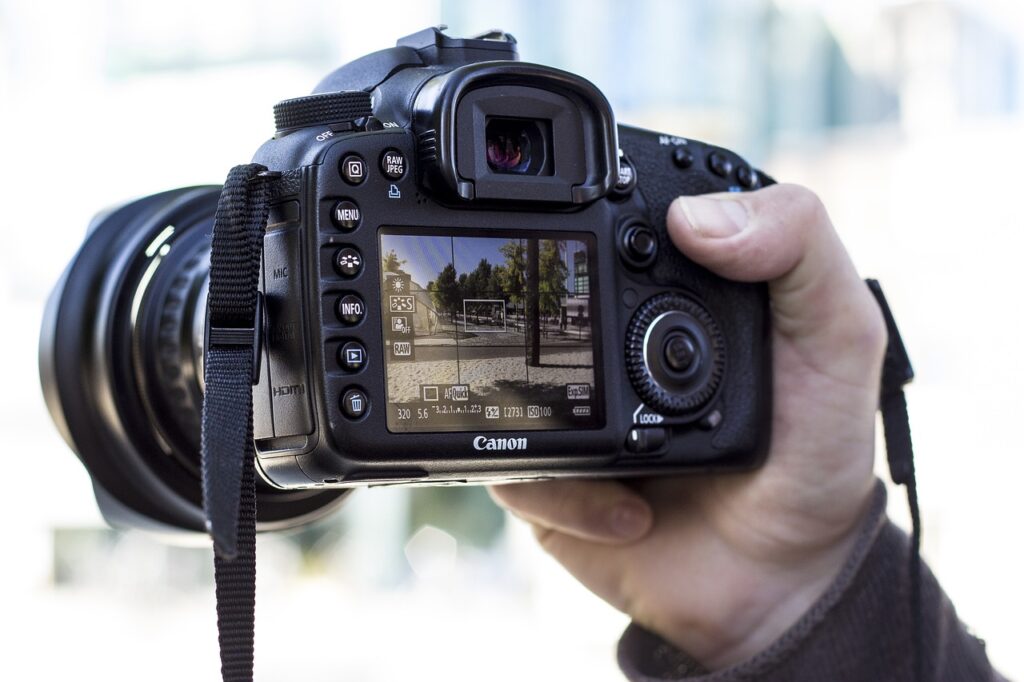Photography is a captivating art form that allows you to capture moments and express your creativity through images. If you’re just starting on your photography journey, don’t be overwhelmed—everyone begins as a beginner. With practice and some fundamental tips, you can start taking stunning photographs. Here are some valuable tips to help you get started:

1. Understand Your Camera:
Begin by getting to know your camera inside and out. Whether you’re using a smartphone, a compact camera, or a DSLR, familiarize yourself with its settings, modes, and capabilities. Read the manual, experiment with different settings, and practice, practice, practice!
2. Master Composition:
Composition is the art of arranging elements within your frame to create visually pleasing images. Key principles include the rule of thirds, leading lines, and framing. Pay attention to the background and foreground to eliminate distractions and draw attention to your subject.
3. Focus on Lighting:
Light is the essence of photography. Learn to observe and harness natural light. Early morning and late afternoon often provide soft, flattering light. Experiment with various lighting conditions and understand how they impact your photos.
4. Use the Rule of Thirds:
Imagine your frame divided into nine equal parts with two horizontal and two vertical lines. Place your subject or main point of interest along these lines or at their intersections. This simple guideline can greatly enhance your compositions.

5. Keep It Steady:
Blurry photos can be frustrating. To avoid camera shake, use a tripod when possible. If you don’t have one, steady your camera by bracing your arms against your body or a stable surface.
6. Experiment with Perspectives:
Don’t be afraid to get low or high to capture unique angles. Explore different viewpoints to add depth and interest to your shots.
7. Pay Attention to Detail:
Zoom in and focus on details that might often go unnoticed. Macro photography can reveal intricate textures and patterns in everyday objects.
8. Shoot in RAW (If Possible):
If your camera allows, shoot in RAW format. This gives you more control over post-processing and allows you to correct exposure and white balance more effectively.
9. Post-Processing Skills:
Learn basic editing techniques to enhance your photos. Software like Adobe Lightroom and Photoshop can be powerful tools for refining your images.
10. Practice and Patience:
Photography is an art that improves with practice and patience. Don’t be discouraged by initial setbacks. Keep learning, experimenting, and building your portfolio.
Remember, the most important thing is to enjoy the process of learning and creating. Photography is a journey, and each click of the shutter brings you one step closer to capturing moments that resonate with you and your audience.

As you embark on your photography adventure, keep these tips in mind, but also don’t be afraid to break the rules and develop your unique style. Happy photographing!